Description
The relaxing properties of the Passion Flower were used in America long before the arrival of the Europeans. This effect is quickly noticeable after ingestion; that is why this herb is mainly used as a sleep aid and to relieve anxiety and nervousness. Clinical tests have proven this. This plant is from the Passifloraceae family and grows in Central and South America, Southeast Asia and Oceania.
History
The “Passion” in “passion flower” refers to the passion of Jesus Christ in Christian theology. In the 15th and 16th centuries, Spanish Christian missionaries adopted the unique physical structures of this plant, particularly the numbers of its various flower parts, as symbols of the last days of Jesus and especially his crucifixion.
About the plant
The Passionflower is a sturdy, perennial climbing plant. With its woody stems it can reach a height of 8 meters, provided it is not cut back. The meandering vines bear deeply divided, dark leaves; the flowers are soft pink or yellowish with a purple or white edge. The plant requires well-drained, sandy soil in a sunny spot, with a wall, fence or rack for support. In cooler northern regions, it needs some shelter in the winter. You can take cuttings in late summer. It is best to start with a plant purchased at a garden center, as the seeds are difficult to self-germinate.
The flower is pentamerous and ripens into an indehiscent fruit with numerous seeds and it’s a genus of about 550 species of flowering plants. The parts of the plant that being used in medicin are the flowers and the tendrils. The plant dies completely above ground in frost and will come back the next spring.
Effects
Passion flower will not make you sleepy, but the herb takes the edge off worry and anxiety and relieves symptoms such as heartpalpitations and tension headaches. Passion flower has a pleasant calming and relaxing effect, and is also mildly analgesic. Helps against migraines, toothaches and other nerve pains. Passionflower is safe and is not addictive.
Often times, the herb relaxes you just enough to fall into a healthy sleep. The relaxing and anti-spasmodic effect proves its usefulness in conditions such as leg cramps and menstrual pain. It appears to boost the level of gamma-aminobutyric acid (GABA) in your brain. This compound lowers brain activity, which may help you relax and sleep better. Various alkaloids, flavonoids, sugar and gum, which give the plant a light sedative, soothing and relaxing effect.
Usage
Passion flower may be used for therapeutic purposes from the age of 12. It develops its effectiveness best with regular use, approximately after 2 weeks. You can use passion flower as a tea or as a medicine. The daily dose for dried Passionflower is 4-8 grams. You can also make your own tincure by soaking the dried herb in a jar with alcohol for at least 3 weeks. It has to be even amount herb and alcohol.
Warning
Passionflower is not recommended during pregnancy because it may induce contractions. Consuming passion flower products may cause drowsiness, nausea, dizziness, abnormal heart rythems, asthma, or rhinitis.

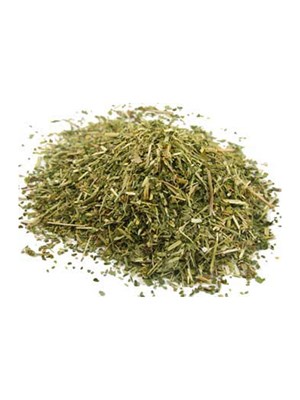
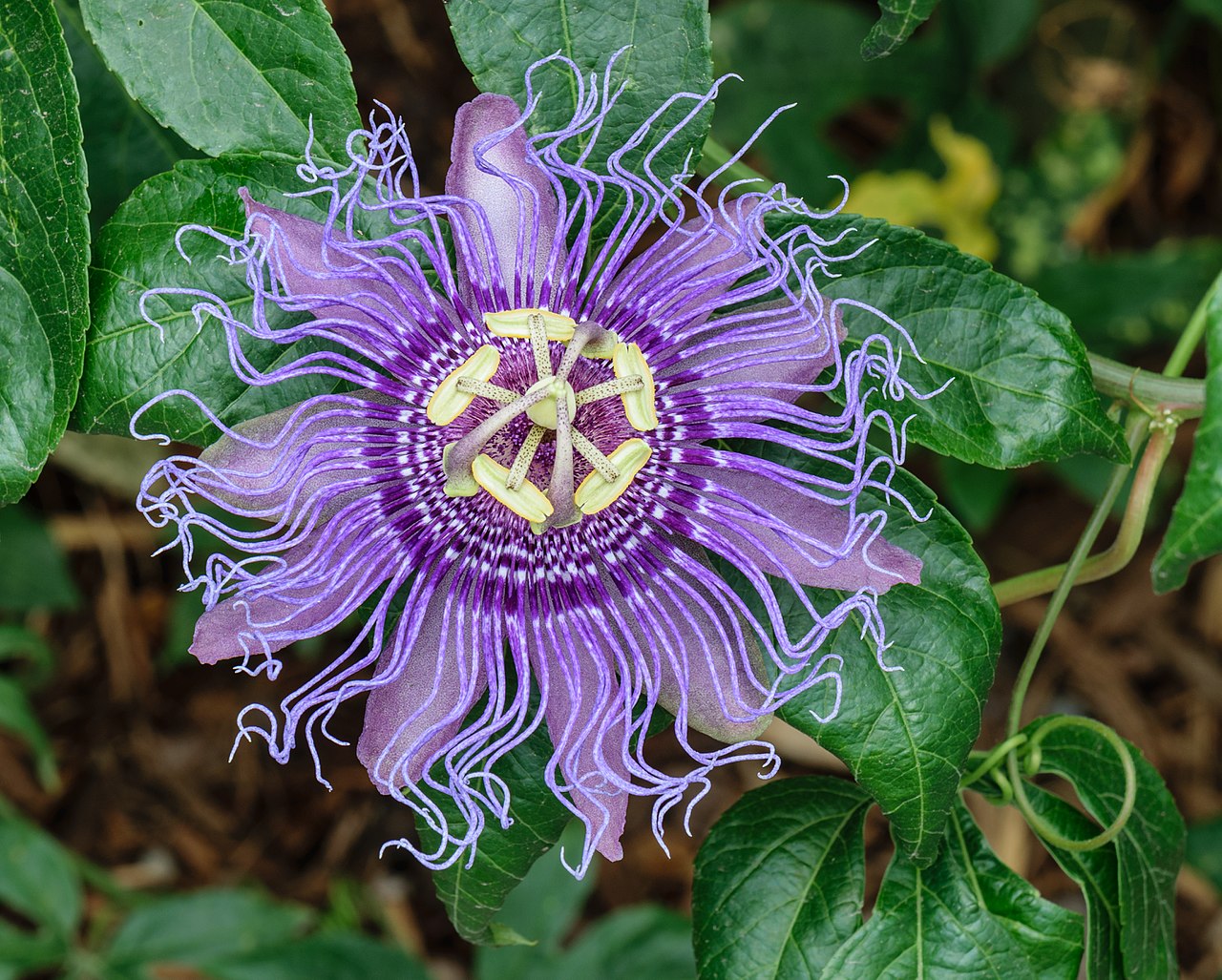
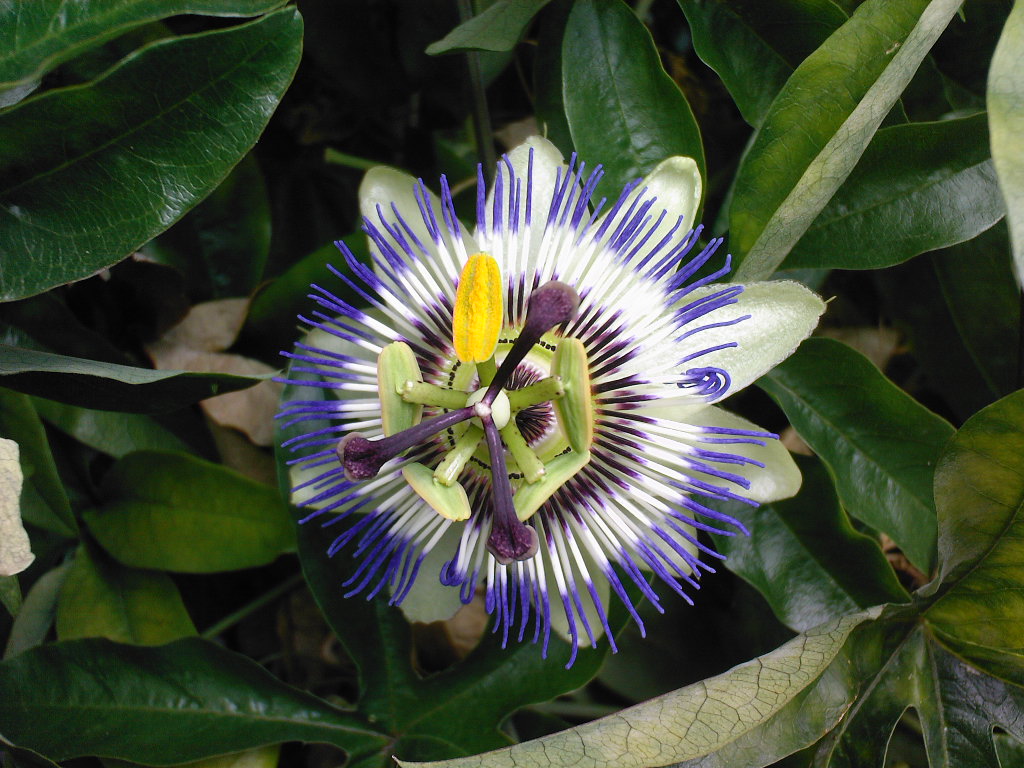
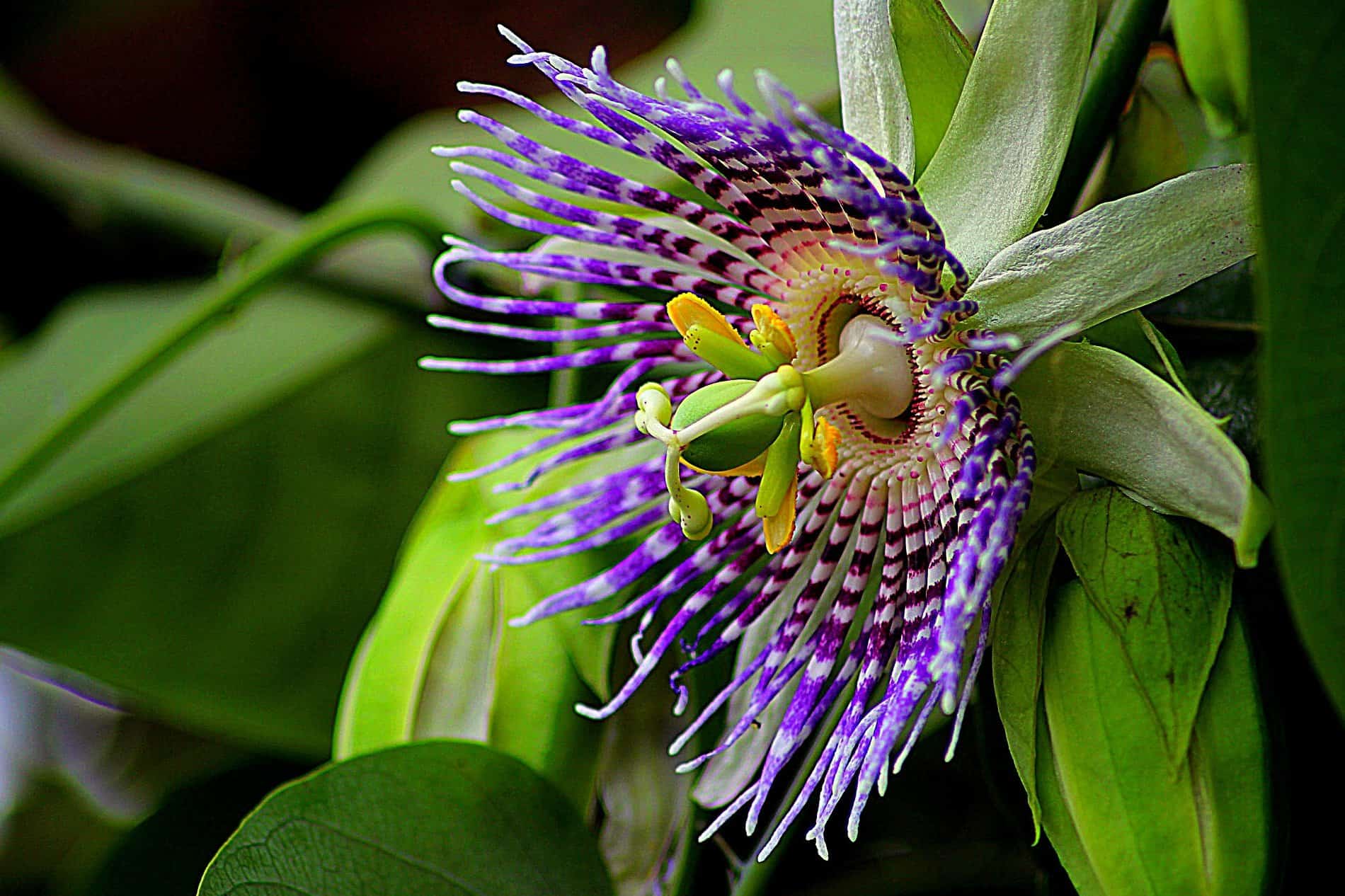
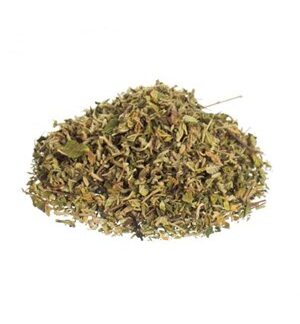
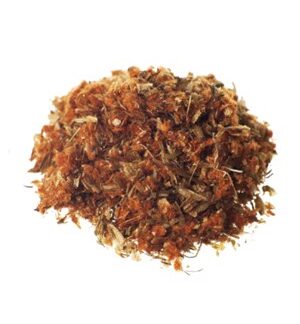
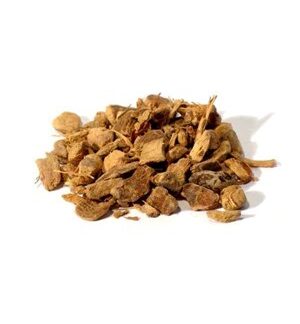
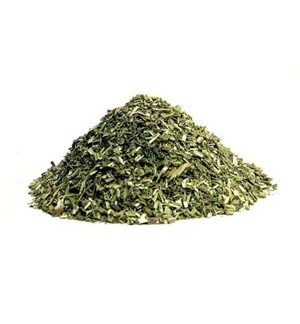
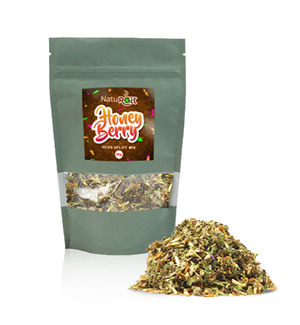
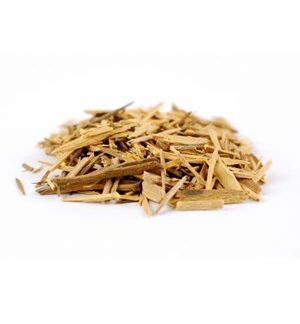
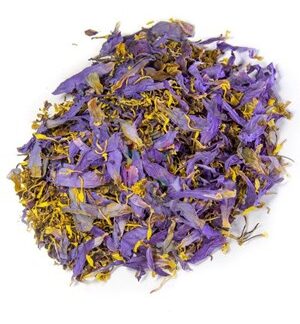
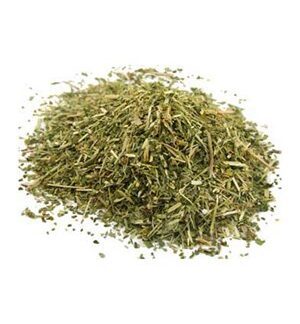
Reviews
There are no reviews yet.